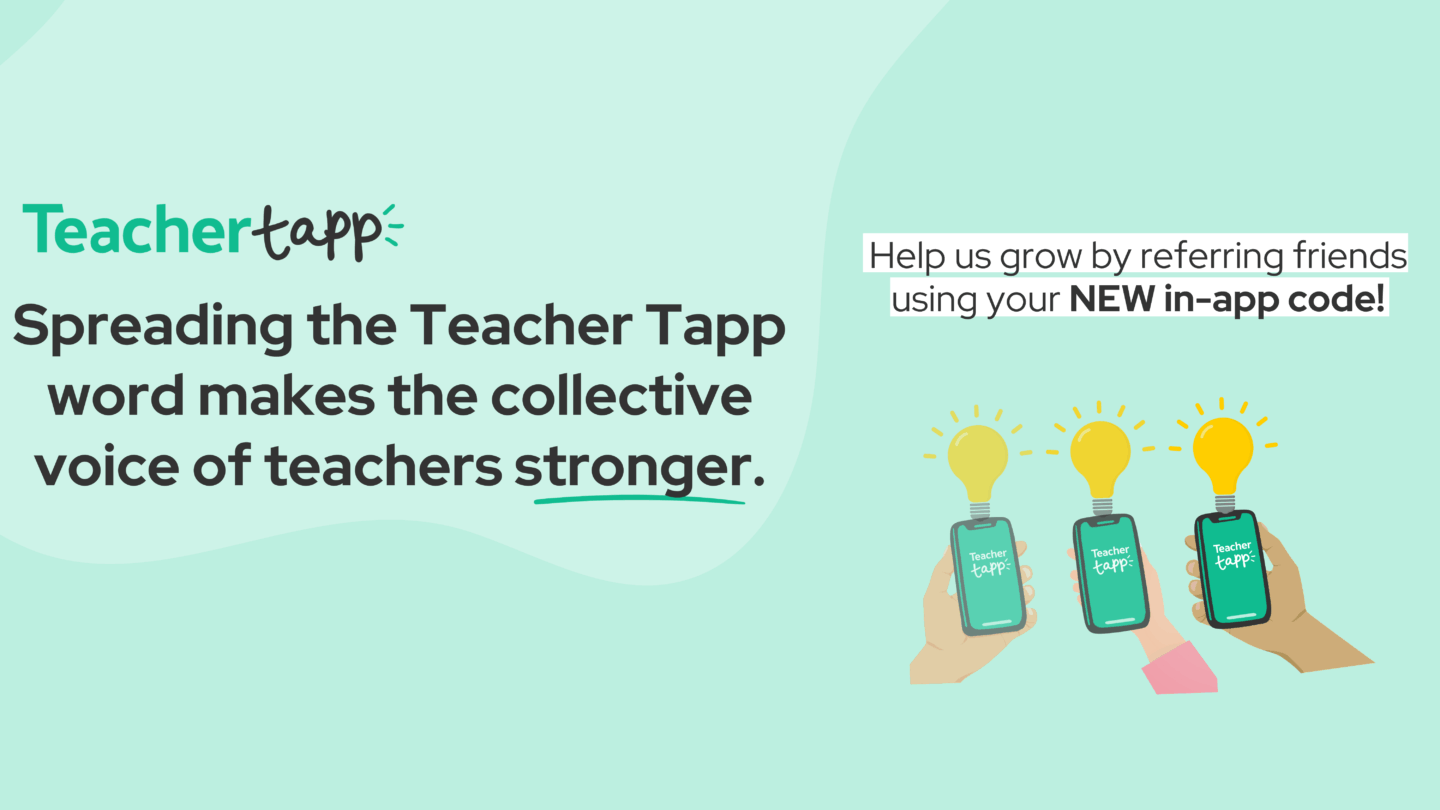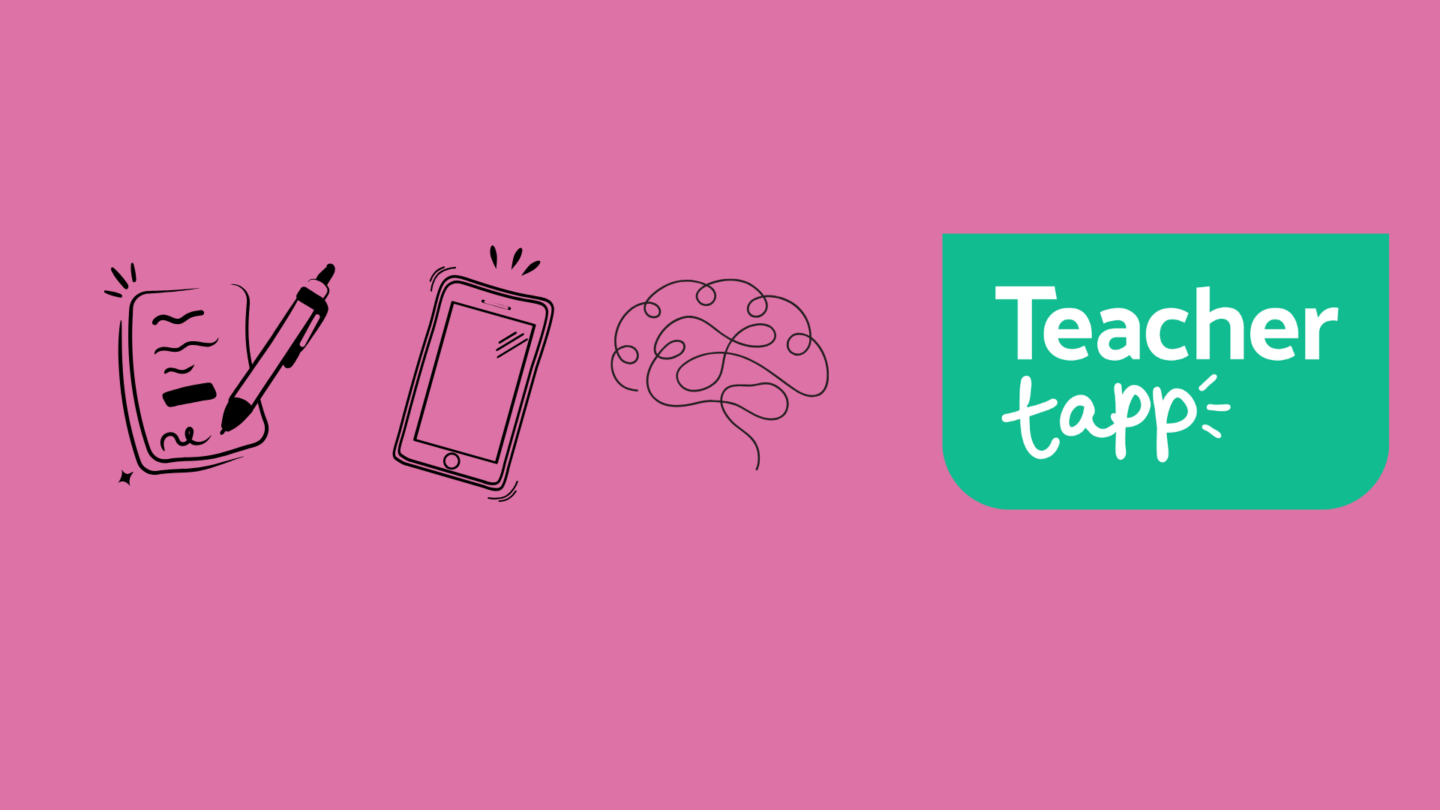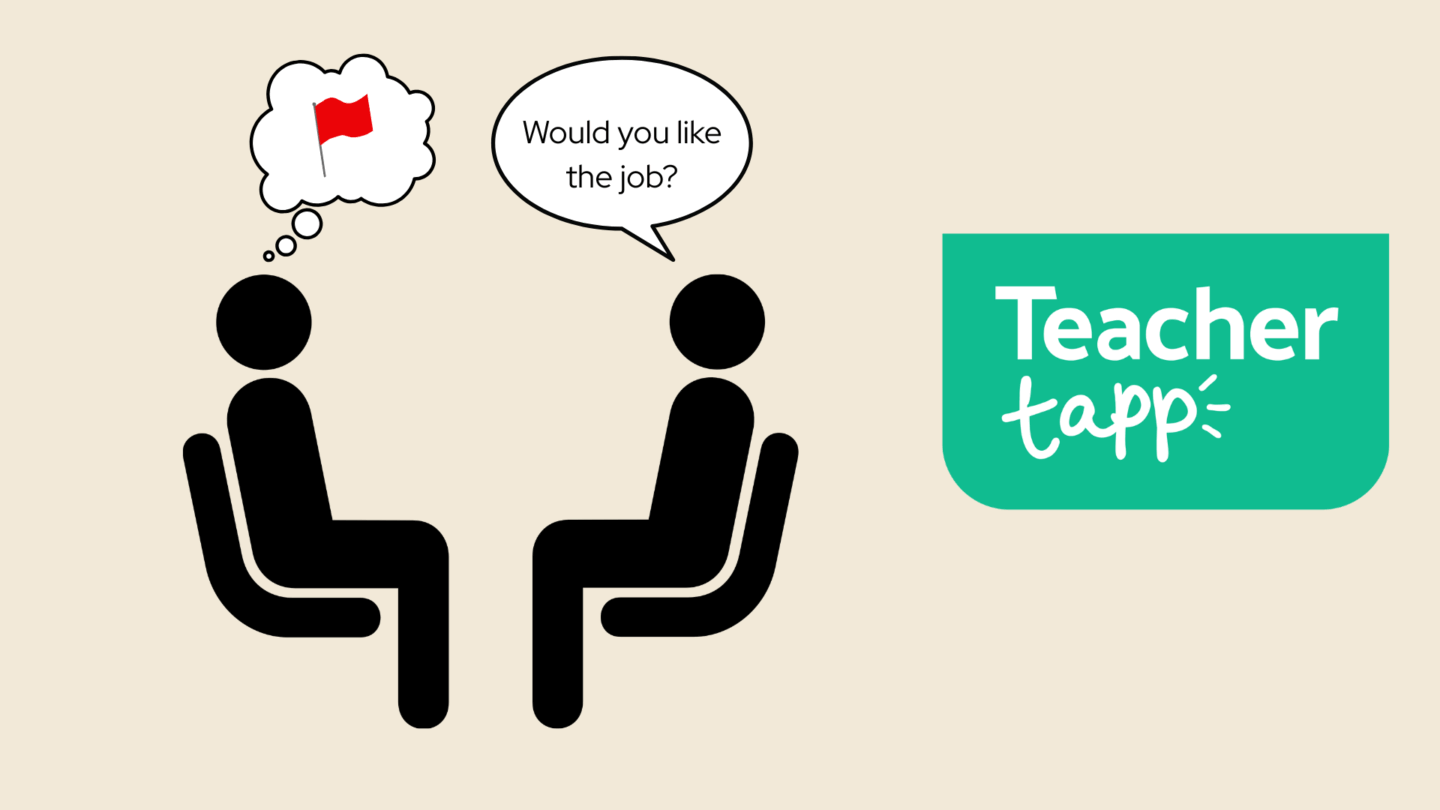We broke the 2,700 user barrier this week! Thank you for sharing with colleagues.
Please don’t stop! You’ll see from this week’s blogs that we are starting to find out some really useful things which will only become better with more users.
Right, it’s Monday so we have all the usual learning goodness from your answers this week, BUT an extra thing first…
Becky and Laura are a feature on the latest NAHT Podcast – giving behind scenes details on what we are learning at Teacher Tapp and how your answers are changing what schools do. It’s around a 25-minute listen (they’re on first).
1.No really, behave!
This year we are repeating some questions regularly so we can build a picture of the way teaching changes over the year.
Our hunch is that new teachers find behaviour to be a problem. (Based on tons of data showing this last year).
We also think behaviour changes over the year and we want to see when pupils are playing up the most.
So far, we have asked about behaviour on Friday afternoons for the past 3 weeks. Note how all teachers are seeing a general increase in disruption, but the newest teachers are starting from the highest base.

What we don’t yet know is how long this escalates and how the differences manifest themselves in various subjects or ages.
Getting more people on the app and answering the Friday behaviour question is really important for this project. Recommend us to others!
2. When they go hi-tech we go low
At the weekend, Laura attended the EdTech Podcast Festival. Most attendees were working hard creating new tech products for schools. But are teachers interested in their latest whizzy innovations?
Together with some delegates, we created a question to test teachers’ appetite for tech.

? As some delegates feared, teachers still have a strong preference for textbooks. A blow for the hi-tech revolutionaries.
BUT… check out the differences across ages and subjects.

26% of primary teachers opted for the AI-driven chatbot for pupils! That’s compared to only 11% of secondary English teachers and just 5% of maths teachers. (Even though maths teaching is considered one of the easiest for which to create chatbots)
Also of note: creative and practical arts teachers are up for chatbots, too. Any thoughts on what they would do? Drop us a line hello@teachertapp.co.uk or tweet your thoughts – it would be good to feedback to the people creating these items about what you really need. (And so far we haven’t seen any art chatbots… intriguing!)
3.Middle leadership, or Miserable leadership?
Another metric we are tracking this year is teacher morale.
Morale has almost mythical status in some circles. ‘If only we could improve teacher morale then everything would be better’, they say.
But is morale that bad?
As things stood last week: it’s okay! A majority of teachers are in the high morale camp, and only 17% registered low morale.

On the basis of what we saw last year, this will likely drop over the term. When we asked before Christmas last year, 29% of teachers had low morale (12% higher than now).
A solution might be for leaders to work harder on boosting morale nearer to Christmas. But, how good do leaders feel?!

As we’ve seen before secondary headteachers seem pretty happy but middle leaders (of all varieties) seem the least happy.
In the past we’ve found that middle leaders report the worst work-life balance and are squeezed between a demanding teaching load while also taking on management responsibilities. New teachers, who are still battling poor behaviour, and then take on responsibilities, seem particularly vulnerable too.
Why do primary and secondary heads have such different takes on morale? Is this financial? Related to workload? Exam stress? We shall be digging in to find out!
4. Parlez vous a language, bitte?
Modern foreign languages are a problem for England’s schools. Many factors contribute, but a substantial one is that no one is willing to decide which language everyone should learn.
Primary pupils therefore learn one language but it may not be the one they will continue with at secondary school.
As it stands: 64% of primary schools teach French to their pupils, while 21% do Spanish, and 12% do multiple languages or switch between them.
We thought there might be some regional patterns to what’s going on – but, well, here’s what we found?!

One pattern we did spot is that Spanish is more common in schools with poorer intakes.

Still, French held its own in every category. Which is worth secondary schools bearing in mind when next doing MFL recruitment.
5. Consistent Teachers
Teachers often feel the pace of change in the classroom is erratic. Yet senior leaders and politicians often feel it is too slow.
This week we asked how frequently teachers try new teaching strategies and we found the most popular response

was ‘monthly’ (44%).
A small group are more novel in their approaches. 22% try new things weekly, and 3% go at it daily.
But a bigger minority (27%) only try new things once a term.
Putting that in context: around a quarter of teachers only try 3 new teaching methods a year (one per term). And around half try things monthly – but, accounting for holidays, that’s probably around 9 new methods a year.
New teachers are the most likely to be new method junkies, but we see that most teachers settle into a fairly stable pattern from year 1 onwards.

Getting teachers to change a few things each year is therefore likely to be possible – but getting a lot of change is difficult, regardless of how long in the tooth a teacher may be.
.
*
6. Finally, as ever, we learned that you really love our daily tips, so here are the links for last week:
The simplest way to help underachieving groups
What it’s like to move schools
Why tech gurus don’t let kids have smartphones
How to use concrete examples in explanations
IQ scores are going down – but why?
How to help children embrace stress
Right folks – over and out for another week…
In the meantime, keep sharing what we are doing. Here’s a powerpoint slide (with script), a PDF, and a black-and-white one-pager to help.
Remember, we need more of you before we can do the really exciting and detailed analysis!
Enjoyed this post and want to join our Teacher Tapp panel?
Sign up via the iPhone App Store or the Android App Store.
You can also check out more at www.teachertapp.com





